Main Title
Are you struggling to improve your website's performance and increase its visibility on search engines? One way to optimize your website is by using an index checker. An index checker is a valuable tool that can help you assess the indexing status of your web pages. In this article, we will discuss 5 steps to effectively use an index checker for your website.
Step 1: Choose a Reliable Index Checker
The first step is to choose a reliable index checker tool. There are several options available online, so it's important to select one that meets your requirements. Look for a tool that is user-friendly, accurate, and provides detailed insights about your website's indexing status.
- List item 1: Check the tool's reviews and ratings to ensure its credibility.
- List item 2: Take advantages of free trials to evaluate the features and functionality of the tool.
Step 2: Input Your Website's URL
Once you have selected an index checker, the next step is to input your website's URL. This allows the tool to crawl and analyze your web pages for indexing information. Make sure to enter the correct URL of your website to obtain accurate results.
Step 3: Analyze the Results
After entering your website's URL, the index checker will analyze your web pages and provide you with valuable information. This typically includes the number of indexed pages, any crawl errors, and insights on duplicate content or blocked resources.
It's essential to carefully analyze the results and identify any potential issues that might be affecting your website's indexing. Look for pages that are not indexed and determine the reasons behind it. This could be due to incorrect meta tags, robot.txt files, or other technical issues.
Step 4: Take Necessary Actions
Based on the analysis of the index checker, it's time to take necessary actions to improve your website's indexing status. Address any issues that were identified during the analysis process. Here are a few actions you can take:
- List item 1: Fix any crawl errors such as broken links or missing pages.
- List item 2: Optimize meta tags and ensure they accurately represent the content of the page.
- List item 3: Check and update your robot.txt file to allow search engine crawlers to access your web pages.
- List item 4: Resolve any duplicate content issues by implementing canonical tags or redirects.
Step 5: Monitor and Track Progress
Once you have taken the necessary actions, it's important to monitor and track the progress of your website's indexing. Recheck your website using the index checker periodically to ensure that the changes you have made are effective. Monitor the number of indexed pages and observe any improvements in your website's visibility on search engines.
In conclusion, using an index checker is an effective way to assess your website's indexing status and optimize it for better performance. By following these 5 steps, you can effectively use an index checker for your website and improve its visibility on search engines.
The Importance of Using an Index Checker for Your Website
As a website owner or administrator, it is crucial to ensure that your website is being indexed properly by search engines. Indexing is the process by which search engines crawl and analyze the content on your website, determining its relevance and ranking it in search results. However, sometimes errors can occur, preventing search engines from properly indexing your site. In such cases, using an index checker can be extremely beneficial.
One of the most important reasons for using an index checker is to identify any indexing issues that may be hindering your website's performance in search engine rankings. These issues could include pages that are not being indexed at all, duplicate content that is being indexed multiple times, or pages that have been penalized or blacklisted by search engines.
- Identifying indexing issues: An index checker can quickly scan your website and provide you with a comprehensive report on any indexing issues found. This will allow you to take prompt action to address these issues and ensure that your website is fully indexed.
- Improving search engine rankings: By resolving any indexing issues, you can improve the visibility of your website in search engine rankings. When search engines can properly index your site, they can understand its content better and present it to users who are searching for relevant information.
Another benefit of using an index checker is that it can help you monitor the progress of your website's indexing over time. It can provide you with data on the number of pages indexed, the speed at which they were indexed, and any changes or fluctuations in indexing patterns.
Additionally, an index checker can give you insights into how search engines are interpreting and categorizing your website's content. This can help you optimize your content to align with search engine algorithms and improve your chances of ranking higher in search results.
It is worth noting that there are several index checkers available online, both free and paid. When choosing an index checker tool, it is important to consider its features, accuracy, and ease of use. Look for tools that offer detailed reports, allow you to track multiple websites, and provide regular updates on indexing status.
In conclusion, using an index checker is essential for any website owner or administrator who wants to ensure that their website is being properly indexed by search engines. By identifying and resolving any indexing issues, you can improve your website's search engine rankings and ultimately attract more organic traffic. So, don't overlook the importance of using an index checker for your website!
Maximizing Your Website's Potential with an Index Checker
Are you looking to improve your website's performance and increase its visibility on search engine results pages? One crucial element to consider is whether your webpages are being properly indexed by search engines. This is where an index checker can be incredibly helpful.
Search engines like Google use web crawlers to gather information about the content on your website. These crawlers index your webpages so that they can be included in search results when relevant keywords are searched for. However, sometimes certain pages on your website may not get indexed for various reasons like crawling errors, technical issues, or unintentional blocking.
- Ensuring Indexing: By using an index checker, you can easily determine if your webpages are being properly indexed. This tool shows you which pages have been indexed and which ones may be missing from search engine results.
- Identifying Issues: An index checker will also help you identify any potential issues that may be preventing certain pages from being indexed. It can highlight crawling errors, duplicate content, broken links, or other technical issues that need to be fixed to improve indexing.
Once you have identified any indexing issues, you can take the necessary steps to resolve them and improve your website's performance. Here are a few tips to help you maximize your website's potential:
- Create High-Quality Content: One of the best ways to attract search engine traffic is by creating high-quality, relevant content. Focus on providing valuable information to your audience and use keywords naturally within your content.
- Optimize Meta Tags: Meta tags, including title tags and meta descriptions, play a significant role in search engine optimization. Make sure each page on your website has unique and keyword-rich meta tags to improve its visibility on search engine results pages.
- Improve Website Speed: A slow-loading website can negatively impact user experience and search engine rankings. Optimize your website's speed by compressing images, using caching techniques, and minimizing unnecessary plugins or scripts.
- Fix Broken Links: Broken links not only frustrate users but also affect search engine crawlers' ability to index your website. Regularly check for broken links and fix them to ensure smooth navigation for both users and search engines.
- Build High-Quality Backlinks: Backlinks from reputable and relevant websites can significantly improve your website's authority and trustworthiness in the eyes of search engines. Focus on building natural and quality backlinks to increase your website's visibility.
By implementing these strategies and using an index checker to ensure proper indexing, you can maximize your website's potential and improve its visibility on search engine results pages. Regularly monitor and analyze your website's performance to make necessary adjustments and stay ahead of the competition.
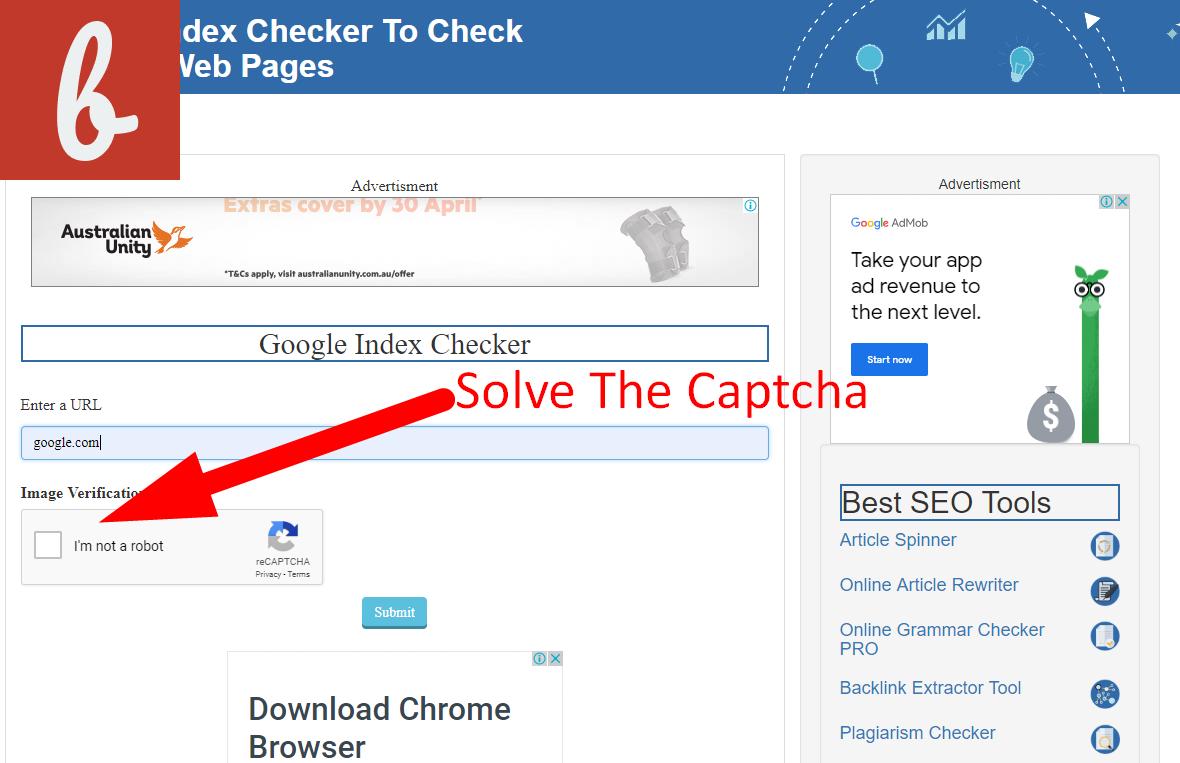
A Beginner's Guide to Using an Index Checker for Your Website
Whether you are a seasoned digital marketer or a newbie to the world of SEO, understanding the importance of indexation is crucial to improving your website's visibility. One effective tool that can help you monitor and track your website's indexation status is an index checker. In this beginner's guide, we will explore what an index checker is and how you can use it to optimize your website.
An index checker is a tool that allows you to determine if your website's pages are being indexed by search engines like Google, Bing, or Yahoo. It helps you identify any issues that might prevent search engines from crawling and indexing your webpages effectively. By using an index checker, you can analyze the indexing status of your website and take necessary actions to improve it.
- Ensure your website is crawlable: The first step in using an index checker is to make sure search engine spiders can crawl your website. Check your robots.txt file to ensure there are no restrictions that could prevent search engines from accessing your site.
- Submit your sitemap: A sitemap is a file that lists all the pages on your website. Submitting your sitemap to search engines helps them discover and index your webpages more efficiently. Use an index checker to confirm if your sitemap is accessible and error-free.
Once you have addressed these basic steps, it's time to put the index checker to work. Enter your website's URL into the tool and initiate the scan. The index checker will analyze your webpages and provide you with a report on which pages are indexed and which are not.
Now, here's where the power of an index checker truly shines. By examining the report, you can identify patterns or issues that might be affecting your website's indexing. Look for pages that are consistently not indexed or instances where a large section of your website remains unindexed.
- Create high-quality content: Search engines are more likely to index webpages that offer valuable and unique content. Make sure your pages are optimized with relevant keywords and provide value to your visitors.
- Fix technical errors: Technical issues like broken links, duplicate content, or slow page load times can hinder search engine crawlers. Use the index checker to identify any technical errors and fix them promptly.
Regularly monitoring your website's indexation status is crucial. Changes in indexing patterns can indicate potential crawl issues or penalties imposed by search engines. By using an index checker regularly, you can catch these issues early and take appropriate measures to resolve them.
Remember, search engine optimization is an ongoing process that requires time and effort. By using an index checker to monitor your website's indexation status and taking the necessary actions, you can improve your website's visibility, attract organic traffic, and ultimately achieve your digital marketing goals.
Boost Your Website's Visibility with an Index Checker
If you have a website, you know how important it is to have your web pages indexed by search engines. Being indexed means that your pages are included in search engine databases and are eligible to appear in search results. However, there are times when certain pages of your website don't get indexed, which can negatively impact your online visibility. That's where an index checker comes in handy.
An index checker is a tool that allows you to check if your web pages are indexed by search engines. By using this tool, you can identify which pages are missing from search engine results and take appropriate actions to improve their visibility.
- Check for Missing Pages
- Improve SEO Strategy
When you use an index checker, it scans your website to determine which pages are indexed and which are not. The tool provides a detailed report that shows you the exact URLs that are missing from search engine results. This information is crucial as it allows you to identify any issues that may be preventing those pages from being indexed.
With an index checker, you can pinpoint specific problems that may be affecting the indexing of your web pages. These problems can include technical issues such as incorrect robots.txt directives or meta tags, server errors, or even penalties imposed by search engines. By identifying these issues, you can take the necessary steps to fix them and improve your website's visibility in search engine results.
Using an index checker is also a great way to improve your overall SEO strategy. By regularly checking your website's indexation status, you can be proactive in ensuring that all your pages are properly indexed. This helps to maximize your website's visibility and increase organic traffic from search engines.
Furthermore, an index checker can help you identify any duplicate content issues on your website. Duplicate content can negatively impact your search engine rankings, as search engines may consider it as low-quality or spammy. By using an index checker, you can quickly identify any duplicate content and take the necessary steps to resolve it, such as implementing canonical tags or rewriting the content.
In conclusion, an index checker is a valuable tool for any website owner or SEO professional. By regularly checking the indexation status of your web pages, you can ensure that all your content is visible to search engines and improve your website's overall visibility on the internet. So, take advantage of this tool and boost your website's visibility today!
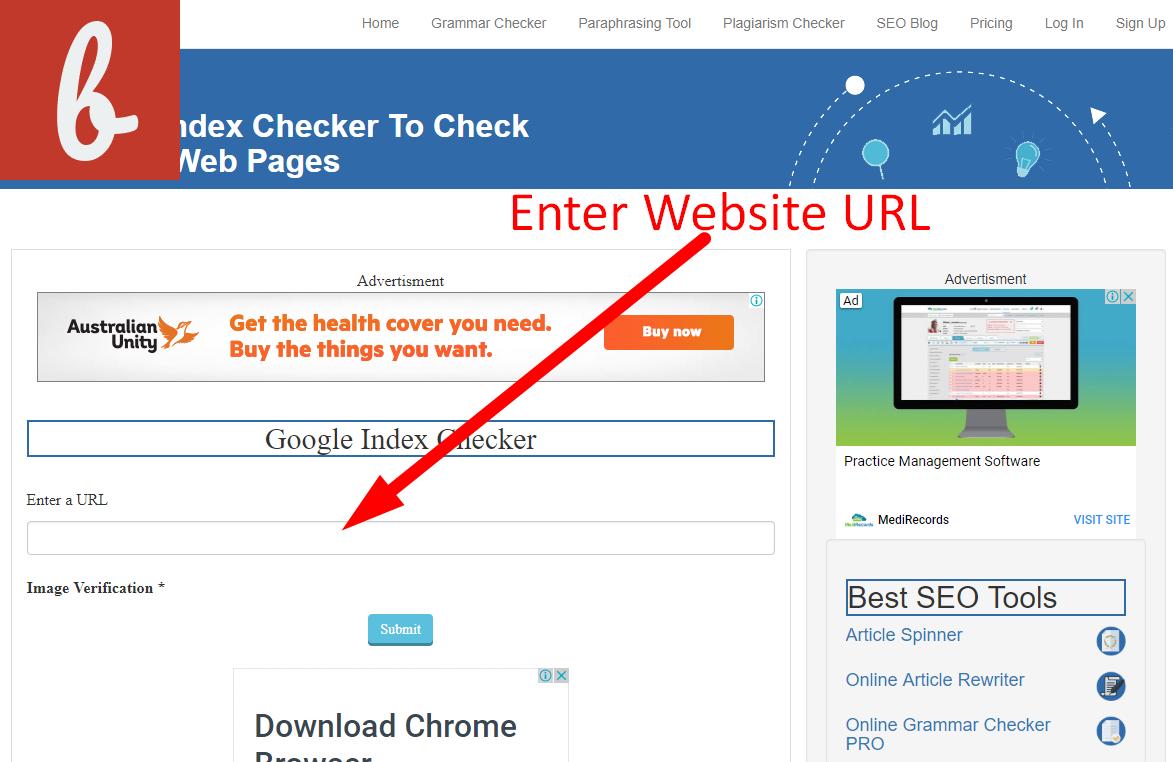
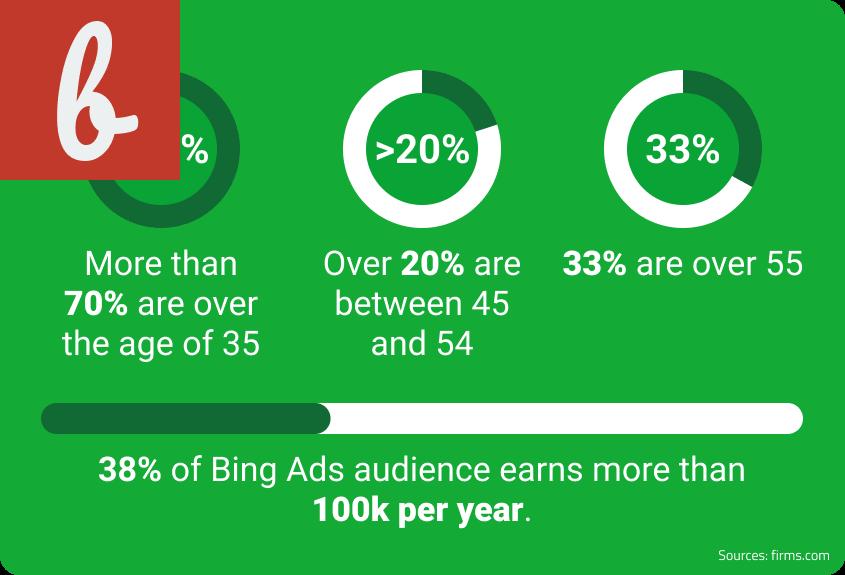
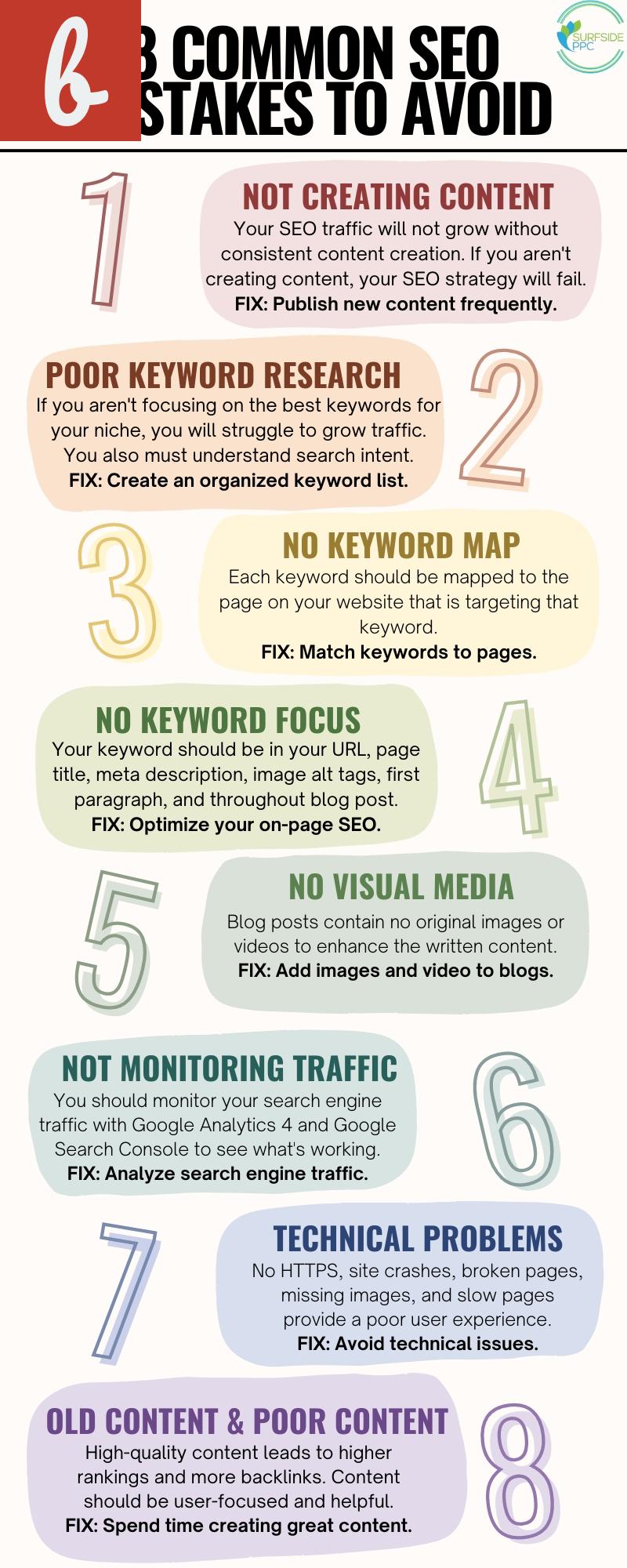
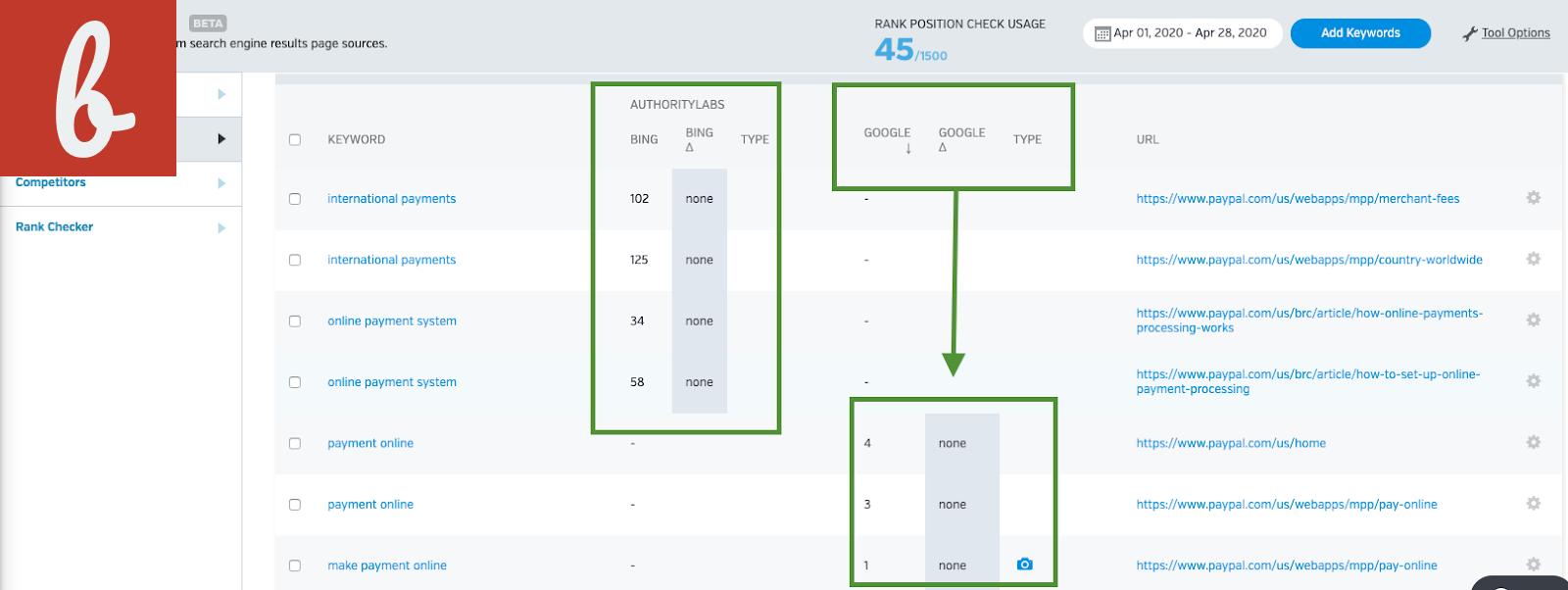
Comments on "How To Use An Index Checker For Your Website "
No comment found!